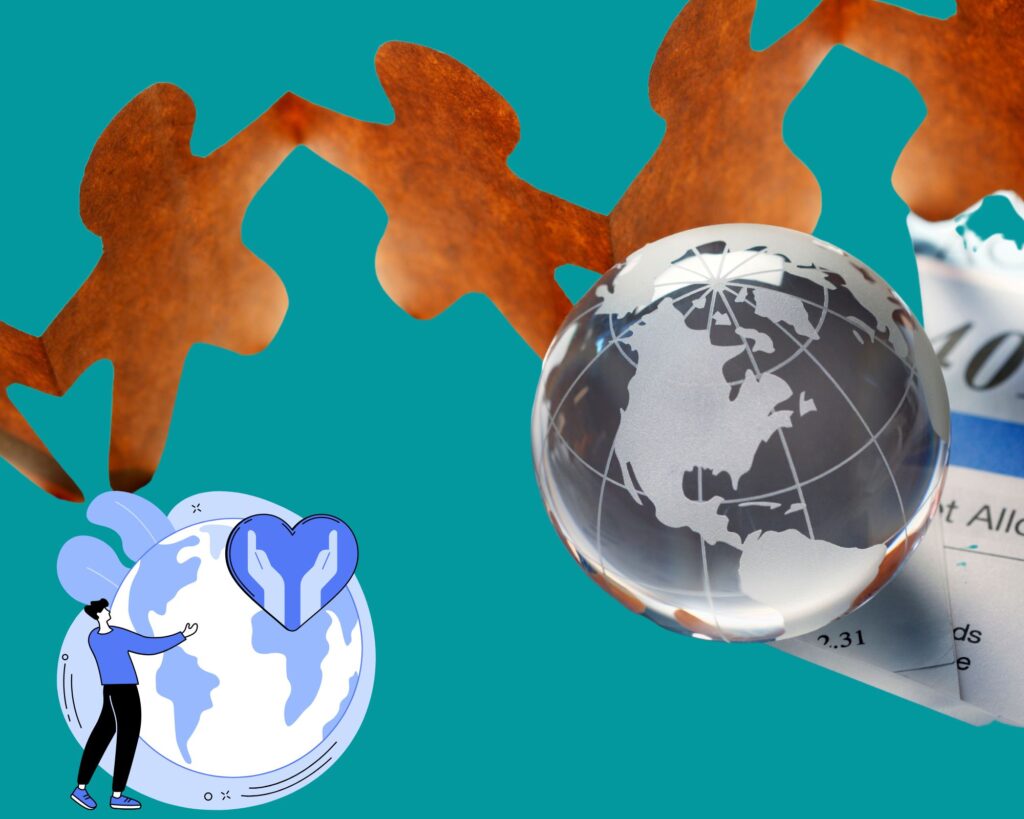
Summary:
The Director-General of the International Labour Organization (ILO) has called for urgent action to prevent scarring and protect the most vulnerable. A priority program aims to create 400 million jobs, notably in the green and digital industries, and provide adequate social protection to the four billion people who are now uninsured. The Director-General of the IMF, Liu Houngbo, has told the International Monetary and Financial Committee (IMFC) that urgent action is needed to address economic and social problems facing many nations. He called for more muscular group activities to tackle poverty, inequality and cost-of-living problems.
Gilbert F. Houngbo, the Director-General of the International Labour Organization (ILO), told people at the 2022 Annual Meetings of the International Monetary Fund (IMF) and the World Bank Group (WBG) that one of the most important things to do about the current economic and social crisis is to prevent scarring and protect the most vulnerable.
A priority program called the Global Accelerator on Jobs and Social Protection for Just Transitions is making investments in social protection and gainful employment. The Global Accelerator intends to accelerate the development of 400 million jobs, notably in the green, digital, and healthcare industries, as well as the provision of adequate social protection to the four billion people who are now uninsured. This would bring attention to the need for a fair transition to fighting climate change and a change to a more proactive way of dealing with economic, social, and environmental problems.
The Director-General urged delegates, saying, “At this difficult time, we must grasp the initiative… [and] build the future so that it offers a better, more fair, and sustainable world that will also contribute to lasting peace.”
In a letter to the World Bank-IMF Development Committee, Houngbo said that increasing the number of productive jobs was the most important thing to do to reduce inequality. A greater formalisation of employment was also required to increase corporate sustainability and productivity, support decent labour, and provide governments with more funding to combat inequality and poverty.
Long-term strategies were also required to address the enduringly substantial gender discrepancies in income, pensions, and labour standards.
He told the Committee that “many countries now face a difficult policy picture, with increasing debt burdens and less fiscal room to move.” “A concerted effort is required to manage better, eventually resolve, and avoid future crises.” This included raising social security payments and wages to sustain living standards in the face of inflation, which could be done without generating a wage-price spiral, addressing labour market inequities, and expanding social investment in skill development and care.
The Director-General identified a cost-of-living problem fueled by increased prices and the decoupling of wage growth from productivity growth, which led to decreasing real wages, in a second written testimony to the International Monetary and Financial Committee (IMFC). He added that without swift action and more resources, this might worsen inequality and put more strain on businesses. As many nations have little fiscal room to support low-income households, this could lead to civil upheaval.
Houngbo emphasised the necessity for more assistance for weaker economies, which may be burdened by significant and rising debt. According to him, better working conditions in supply chains, the promotion of sustainable businesses, and higher regard for labour rights might spur economic growth, the eradication of poverty, and more income equality between nations.
To solve the current problems, which are linked and make each other worse, he called for more muscular group activities and emphasized that doing so would also improve social justice and contribute to long-term peace.
Analysis by: Advocacy Unified Network
